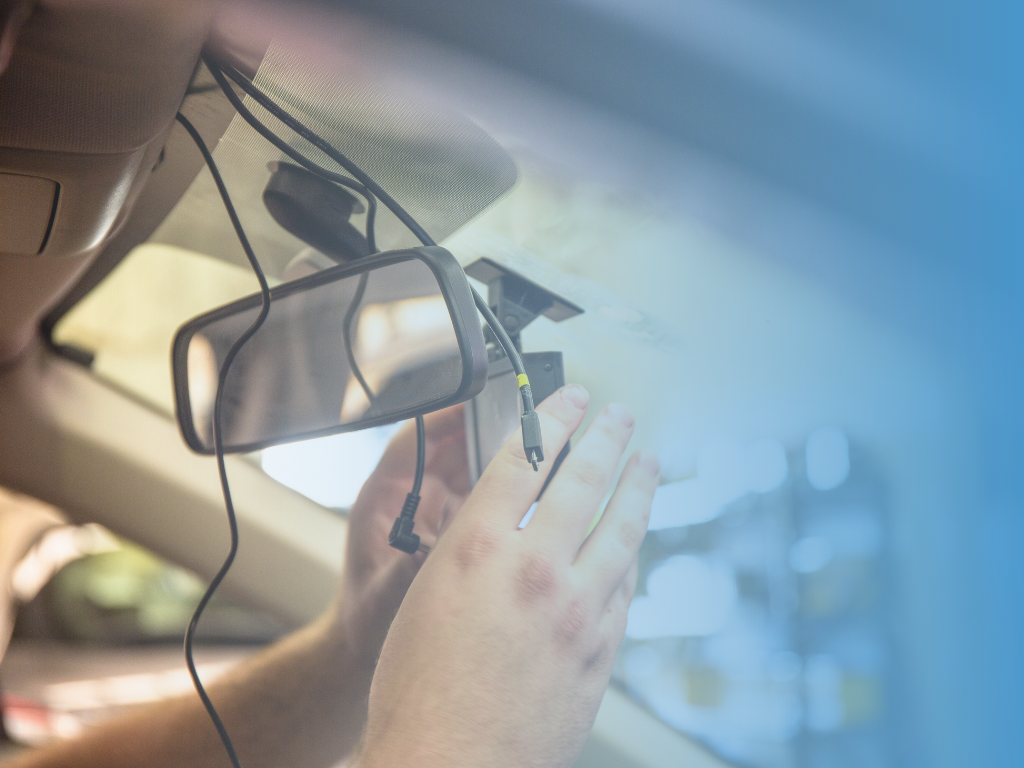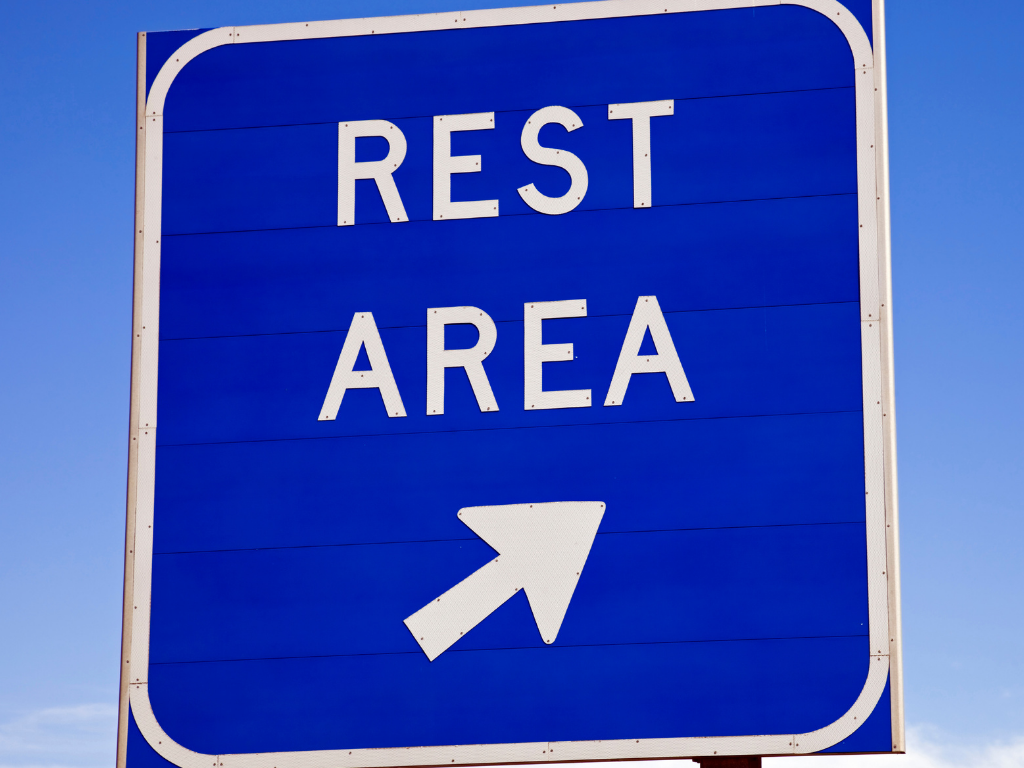Despite decreased numbers of vehicles on the roads due to lingering effects of a global pandemic, the National Highway Traffic Safety Administration reported that traffic deaths were up in 2021! A staggering 42,915 people died in motor vehicle crashes last year. Commercial fleet management companies are taking these statistics very seriously, and several of the fleet safety trends in 2022 reflect that effort.
Dash Cams
There are many factors that contribute to the number of traffic deaths, but most boil down to one fact; drivers are distracted. Talking on the telephone, talking to passengers, watching videos, eating and drinking, even drinking alcohol while driving! Installing dash cams in the cabs and additional cameras outside the rig or automobile is one way to beat the collision odds. These are proving to be an inexpensive way to monitor drivers’ behaviors, encouraging their safety and the safety of others on the road.
Not only is the installation of cameras essential, but the regular review of them is becoming a regular part of drivers’ training. It is quite common for a driver to review a day’s footage and be astonished how distracted he/she is during a drive! Awareness is the first step to change, and cameras are widely becoming accepted as an industry standard.
While the safety of drivers is of utmost importance, fleets also can take a serious hit when out on the road. Although cargo theft declined slightly in 2021, the loss still amounted to over $57 million dollars! Fifty-five percent of those thefts involved heavy commercial motor vehicles, so special note should be taken if your fleet helps in this transport.
Security Systems
No company can afford the losses of theft. Management companies are finding that the investment of excellent tracking devices and services brings peace of mind and quick recovery, should a theft occur. GPS tracking services allow tracking in real time and notify managers via text or email whenever a truck starts to move. If movement is suspicious, an effective GPS security program can even alert authorities immediately.
In addition to careful tracking, commercial fleets are now incorporating a starter disable function. This technology enables the fleet manager to temporarily disable the starter in a rig and re-enable it when it’s time to move again! With no more fear of theft while sitting at a rest stop or temporarily storing a vehicle, managers can have more control over burglars and ensure that their fleets keep moving on schedule.




